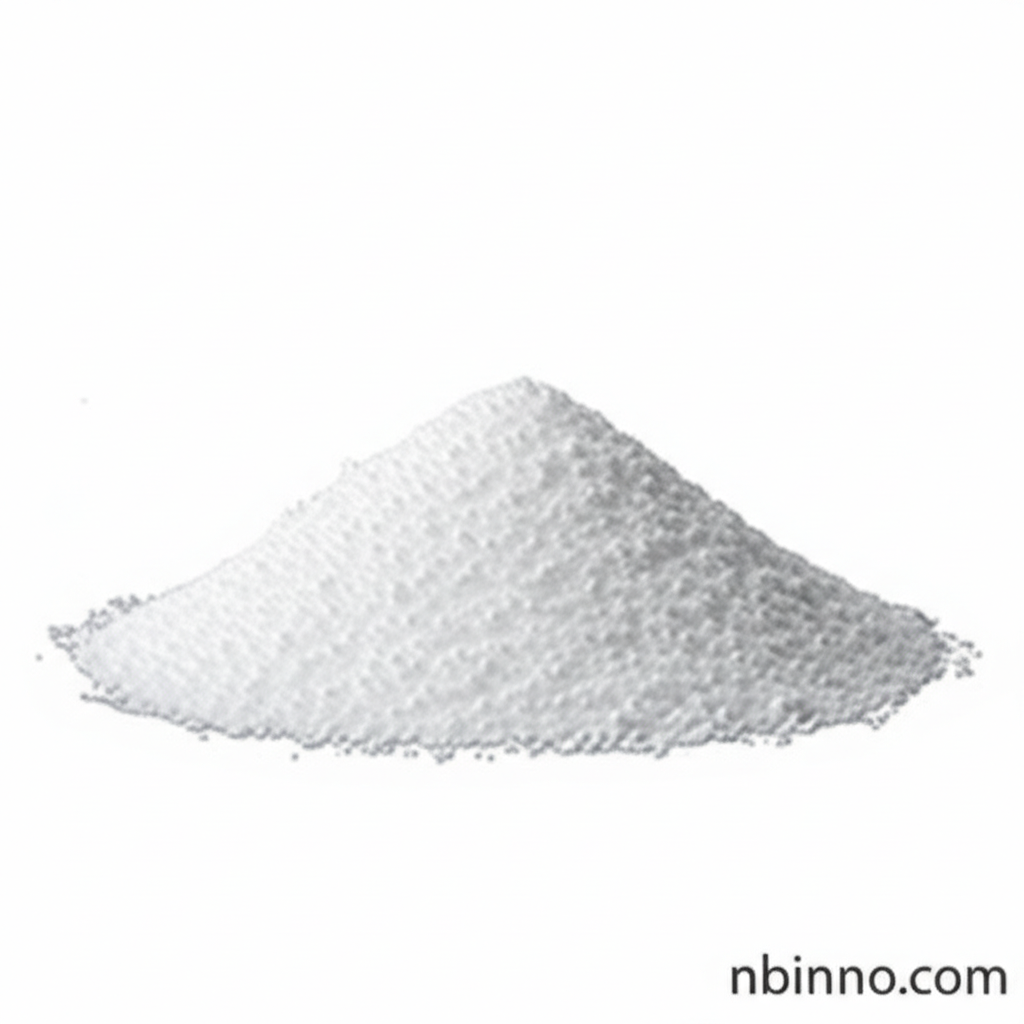Procaine Hydrochloride: A Comprehensive Guide to its Properties, Applications, and Benefits in Medicine
Discover the essential role of Procaine Hydrochloride in modern medicine, from dental procedures to advanced pain management.
Get a Quote & SampleProduct Core Value

Procaine Hydrochloride
Procaine Hydrochloride is a highly effective local anesthetic, widely used to provide temporary loss of sensation in targeted areas of the body. Initially synthesized in 1905, it was developed as a safer alternative to cocaine for medical applications. Its primary mechanism of action involves blocking sodium channels, thus inhibiting nerve impulse transmission and providing localized pain relief, crucial for procedures like dental work and minor surgeries.
- Explore the vital role of Procaine Hydrochloride in dental anesthesia, ensuring patient comfort during procedures.
- Understand the Procaine Hydrochloride mechanism of action, focusing on its sodium channel blocking capabilities for effective pain relief.
- Learn about the Procaine Hydrochloride drug interactions and contraindications for safe and effective medical use.
- Investigate the Procaine Hydrochloride synthesis process, highlighting its journey from chemical compound to medical staple.
Key Advantages
Safety and Efficacy
Procaine Hydrochloride offers a favorable safety profile and proven efficacy, making it a reliable choice for various medical applications, particularly when considering dental anesthesia procedures.
Cost-Effectiveness
As a long-established anesthetic, Procaine Hydrochloride often provides a more cost-effective solution compared to newer alternatives, enhancing accessibility in different healthcare settings.
Versatile Application
The Procaine Hydrochloride medical applications are broad, encompassing infiltration anesthesia, nerve blocks, and spinal anesthesia, demonstrating its versatility in pain management strategies.
Key Applications
Local Anesthesia
Procaine Hydrochloride is extensively used for local anesthesia, blocking nerve signals to numb specific areas and alleviate pain during medical or dental procedures.
Dental Procedures
In dentistry, Procaine Hydrochloride is essential for providing pain relief and enabling intricate work like fillings and extractions through effective dental anesthesia.
Nerve Block Anesthesia
Administered near specific nerves, Procaine Hydrochloride facilitates nerve block anesthesia, offering anesthesia over a larger region, beneficial for limb or facial treatments.
Spinal Anesthesia
Procaine Hydrochloride can be used for spinal anesthesia, targeting the spinal cord to provide anesthesia for surgeries in the lower abdomen, pelvis, or limbs.
